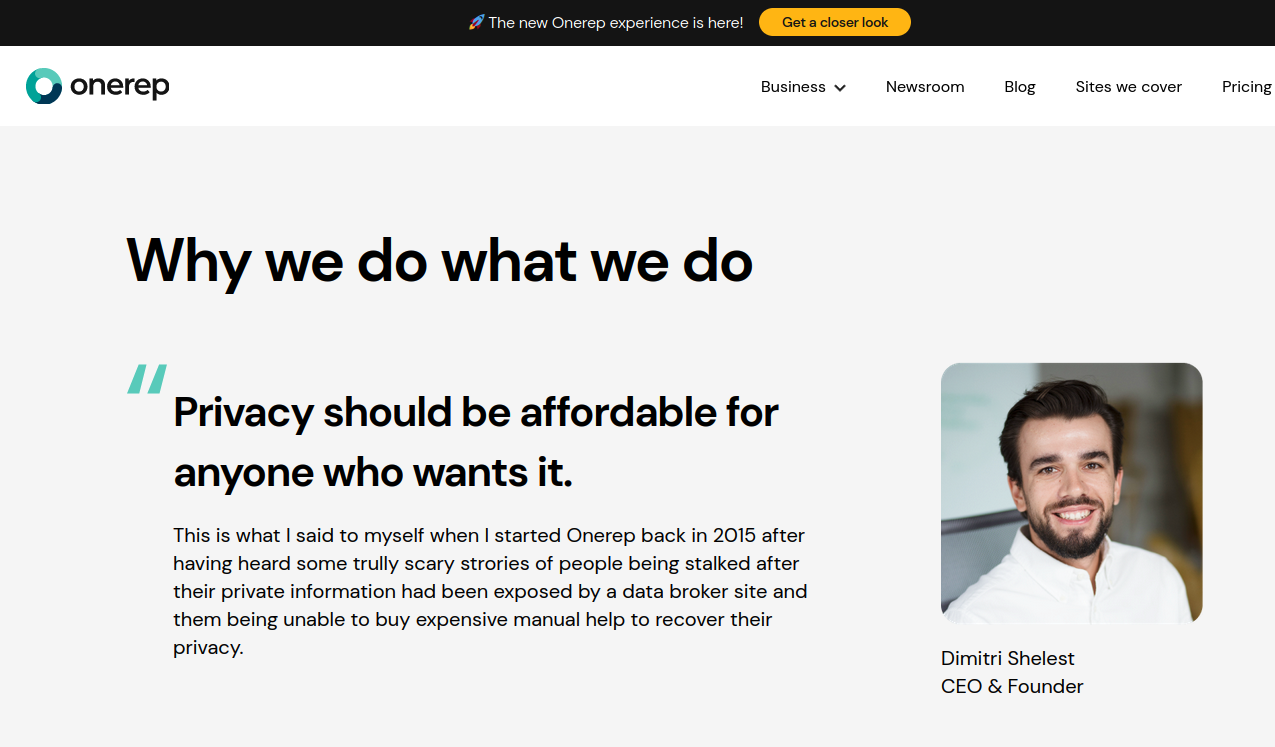Microsoft has rolled out an important update for Windows 10 users, addressing a long-standing issue with OpenSSH. The post Microsoft finally fixes this annoying OpenSSH issue on Windows 10 appeared first on MSPoweruser.
Windows 11’s KB5052094 update refines Windows Spotlight with an updated “Learn about this picture” icon and new design elements. The post Microsoft makes Windows Spotlight less intrusive on your Windows 11’s lock screen appeared first on MSPoweruser.
Windows 11 23H2’s KB5052094 update adds features like “Skip past links” and “Jump to lists” to the Narrator app. The post Microsoft makes Windows 11’s Narrator app a lot more useful with these new killer functions appeared first on MSPoweruser.
Windows 11’s KB5052094, which now rolls out for the Release Preview channel, allows file sharing directly from jump lists on the taskbar. The post Windows 11’s KB5052094 beta build lets you share files a lot easier via taskbar’s jump lists appeared first on MSPoweruser.
Windows 11 KB5052094 update adds a Game Pass referral card to help users recommend PC Game Pass to friends and family. The post Microsoft wants you to recommend your folks for Xbox Game Pass appeared first on MSPoweruser.
Google’s Gemini AI chatbot app now lets you recall your past conversations, similar to the Memory feature on ChatGPT. The post Google Gemini app is getting smarter with a Memory-like feature on ChatGPT appeared first on MSPoweruser.
Threat actors who were behind the exploitation of a zero-day vulnerability in BeyondTrust Privileged Remote Access (PRA) and Remote Support (RS) products in December 2024 likely also exploited a previously unknown SQL injection flaw in PostgreSQL, according to findings from Rapid7. The vulnerability, tracked as CVE-2025-1094 (CVSS score: 8.1), affects the PostgreSQL interactive tool psql. […]
Security researchers discovered a name confusion attack that allows access to an Amazon Web Services account to anyone that publishes an Amazon Machine Image (AMI) with a specific name. […]
Starting today, Gemini can now recall your past chats to provide more helpful responses. Whether you’re asking a question about something you’ve already discussed, or as…
In mid-March 2024, KrebsOnSecurity revealed that the founder of the personal data removal service Onerep also founded dozens of people-search companies. Shortly after that investigation was published, Mozilla said it would stop bundling Onerep with the Firefox browser and wind down its partnership with the company. But nearly a year later, Mozilla is still promoting it […]


